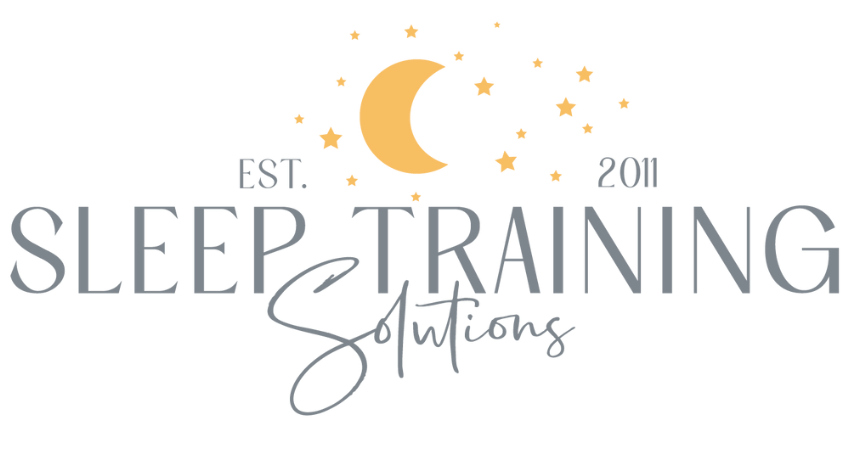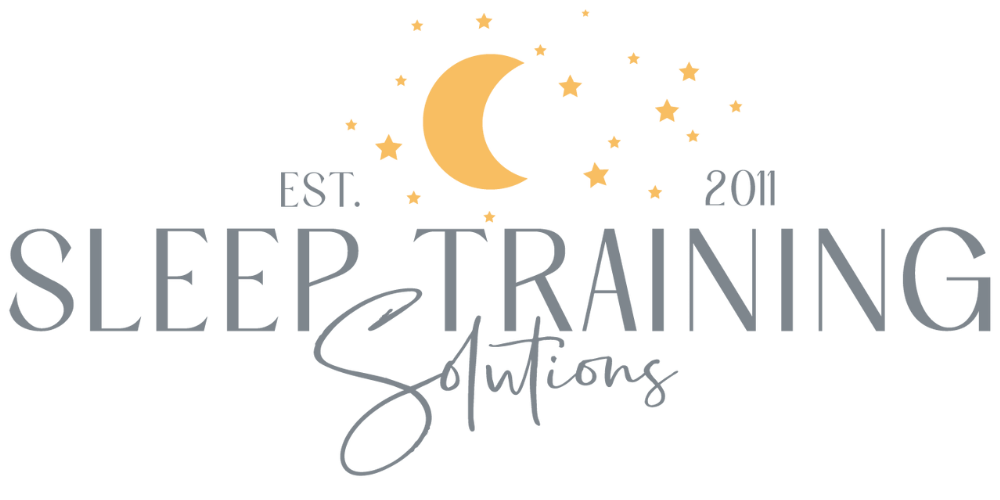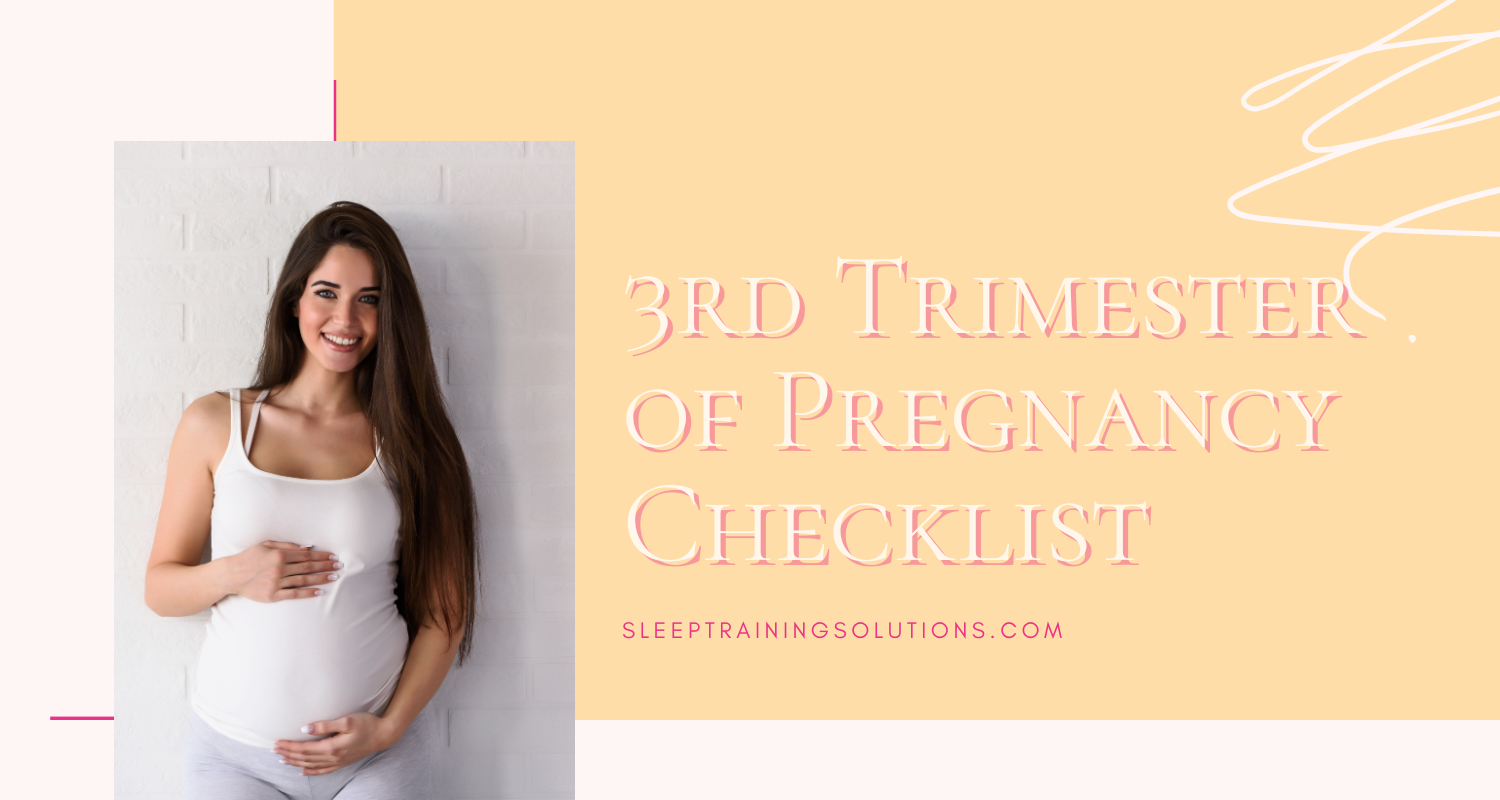Timeline for sleep training and maternity leave
One of the most frequent questions I get asked by new moms returning to work is “When is the best time to do sleep training? Before maternity leave is over or after I go back to work?”
The most important consideration is whether your baby is ready developmentally to start sleep training and that there are no unresolved medical issues. That’s a question to ask your pediatrician – and be sure to ask if they prefer you keep in a night feed.
Assuming you’ve gotten the green light, then it depends on:
the length of your maternity leave
who will be taking care of your baby after you go back to work (ie daycare, nanny, etc)
what type of job you’ll be returning to
In general, the longer your maternity leave, the better it is to start sleep training prior to returning to work. Here are some general recommedations for a timeline that has worked well for my clients over the years:
Length of Maternity Leave
If your maternity leave length is 6 months or longer, I recommend starting to sleep train by 4-5 months (assuming you’ve discussed with your pediatrician). That way your baby will be an amazing sleeper BEFORE you return to work and you can really enjoy the last couple of weeks of your leave well-rested.
If your maternity leave is 16 weeks, I would reach out to your pediatrician around the 3 month mark and ask about starting sleep training before you go back to work. Many pediatricians prefer babies to be a certain weight and/or age before starting the sleep training process. Having a bigger baby (weight-wise) and/or you are NOT planning on nightweaning initially makes it easier to start sooner.
If your maternity leave is 12 weeks, unless you have a baby that is ~12+ lbs and/or you are NOT planning on nightweaning initially, many pediatricians will recommend waiting a few more weeks. But if you have a certain type of job (see below) and are worried about the effects of sleep-deprivation as it relates to your job, then that’s a conversation to have with your pediatrician.
If your maternity leave is too short to start sleep training prior to returning to work but you do want to make an effort to start getting on the right path regarding sleep, I’d recommend my Newborn Foundations Program. Just like a Baby Care class you might take at your hospital, this is all about newborn sleep – expectations, tips, setting up the sleeping space, etc. – but it is not sleep training.
Who will be taking care of your baby?
If you have a nanny coming to your home to take care of your baby AND said nanny will be a willing and able participant in the sleep training process, then you can start whenever you and your pediatrician decide. This scenario is the easiest to work around when it comes to sleep training.
If you have a nanny share, there are usually two added challenges – the nanny will be taking care of one (or more) other children and/or your child may be watched in someone else’s home. If you are the host everyday, then your baby will have his/her familiar sleep space and be a bit easier. If your baby will be watched sometimes (or everyday) in the other family’s home, then it’s important to make sure there is a dedicated sleeping space (ie they won’t be napping in the same bedroom because isn’t that one of the perks of not sending your baby to daycare?) AND you recreate the home environment as much as possible (white noise machine, black out shades, same sleep sacks/loveys/books, etc).
If a grandparent or other family member is going to be taking care of the baby, then it’s crucial to ask if they’re ok with participating in the sleep training process. Many grandparents like to pick up a baby as soon as the fussing/crying starts, so be sure that your parent(s)/in-law(s) will not be the weak link in the sleep training process! Unless the grandparent is completely on board, they will typically prefer (and be ever-so-grateful) for you to do sleep training before it’s their turn to be on duty.
If your baby will be going to daycare, it is SO much easier to do sleep training prior so baby has great sleeping skills before needing to sleep in a new/different environment with other babies/lights/sounds/caregivers. If your baby is just too little to start prior, then taking a long weekend to start sleep training is beneficial. I always recommend trying to take off a Monday/Tuesday (or work from home) so you can start Friday night and have four nights at home before going back to daycare and then only three days at daycare before another weekend when you can readjust/reset again.
Thinking about starting sleep training? Download your free PDF to help set you up for success!
What type of job are you returning to?
Over the years I’ve worked with parents returning to various positions where if they were not 110% “on” every day, someone could really get hurt or something devasting could happen – for example, heart surgeons, ICU physicians, military, firefighters, teachers…
With jobs like these, parents will almost always want to start prior to returning IF they are the ones who are the primary on-duty person for nightwakings. If the baby is not quite big enough for nightweaning, we would start a modified plan which would steer the baby in that direction once he/she is developmentally ready to give up night feeds.
Also keep in mind that you’ll want to be home for the bedtime routine – and not rushing in the door 2 minutes before! Your baby will want to see you and you don’t want to short-change that quality time. You’ll want sleep training to be as easy on baby (and you!) as possible to giving a buffer of time after you get home. If you have a job (or a specific project) where you can’t say for sure that you can be home at a reasonable hour, again, it’s probably easier to do sleep training prior to going back to work.
Remember, the core changes happening during sleep training happen in the first 7-10 days. So you don’t want to start sleep training at the tail-end of maternity leave and have your first day back at work fall during that time. Likewise, you want to wait 2-3 weeks after going back to work so you aren’t in the thick of sleep training as you’re adjusting to being back at work!
Related Posts:
This post is for informational purposes only and may not be the best fit for you, your child and/or your personal situation. It shall not be construed as medical advice. The information and education provided here is not intended or implied to supplement or replace professional medical treatment, advice, and/or diagnosis. Always check with your child’s physician or medical professional before trying or implementing any information read here.






